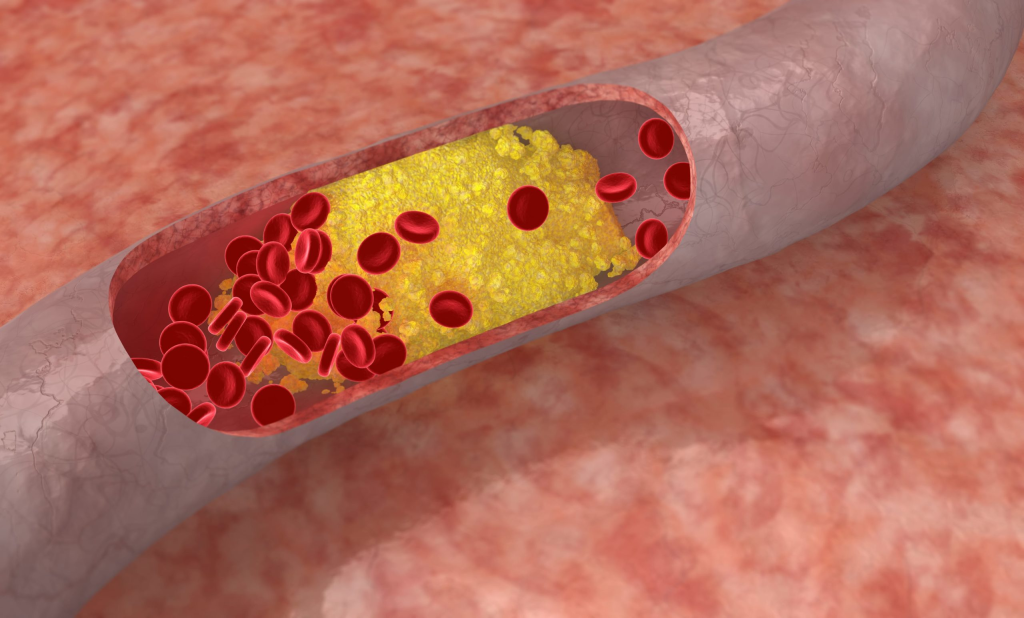Triglycerides Test that measures the amount of fat in your blood. High triglycerides increase the risk of heart disease and stroke. Triglycerides are a type of fat, or lipid found in your blood. Very low-density lipoprotein (VLDL) carries triglycerides in your blood. Very low-density lipoprotein (VLDL), Low-density lipoprotein (LDL), and High-density lipoprotein (HDL) is a type of Lipoprotein.
Triglycerides are a type of lipid. The body stores calories that it doesn’t use right away as triglycerides. These triglycerides circulate in the blood to provide energy for your muscles to work. Extra triglycerides enter your blood after you eat. If you eat more calories than your body needs, your triglyceride level may be high.

Is This Test Have another Name
Triglycerides level, Tg, Lipid Profile
How The Test performed
A Blood sample is needed.
Why test Performed
A blood test called lipid profile test Check cholesterol and triglycerides levels. Cholesterol and Triglycerides are both fatty substances of types lipoproteins called lipids. But Triglycerides is fat and cholesterol is not. Cholesterol is a substance made by the liver. Cholesterol helps the nervous system and important digestion and hormone management. If you have symptoms of high triglyceride levels you need to check the triglyceride levels in your blood.
Why Need This Test
Anyone more than 20 years of age needs to get a Blood test to check cholesterol and triglyceride levels in their blood. If you have symptoms or If you eat more calories than you burn off, especially calories from carbohydrates, including sugary foods, and fats, you may have high triglyceride levels in your blood. A high blood triglyceride level usually doesn’t cause any symptoms, but over time, it may affect your arteries and increase your risk of heart disease.

What Does the Result Mean
Fasting blood test, or lipid profile, or Triglycerides level normal value is,
The normal level:
is Less than 150 mg/dl
Borderline: level of is more than 199 mg/dl
High: level of Triglycerides is more than 200 to 499 mg/dl
For ages 20 and older, tests should be done:
Every five years for:
1. Males between the ages of 20 and 45
2. Females between the ages 20 and 55
Every 1 to 2 years for:
1. Males age 45 and older
2. Females age 55 and older
Every year for adults over age 65


[…] Lipase is an enzyme that breaks down fat and it breaks down at a specific point to form alcohol and fatty acid. Lipase partially hydrolyzes dietary triglyceride, and accelerates the reaction, also long chain […]
[…] assays are often used for routine clinical measurements of total cholesterol, LDL-C, HDL-C, and triglycerides. While they may not provide the same level of specificity as mass spectrometry, they are widely […]